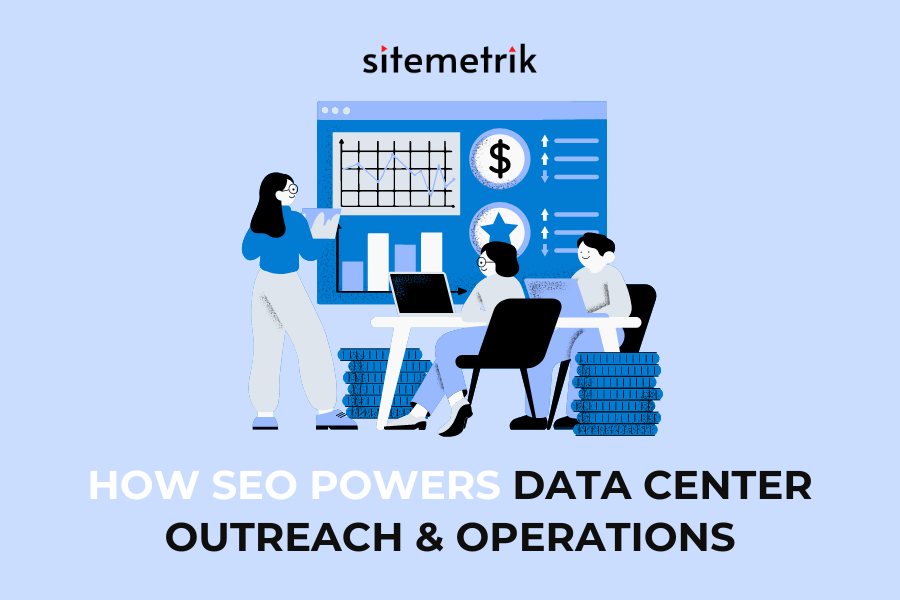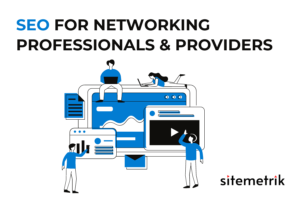The Nexus of Connectivity: How SEO Powers Data Center Outreach & Operations
Overview of Data Centers
Data centers play a crucial role in the modern digital landscape, serving as the nerve centers that enable the functioning of search engines, cloud services, and various other online platforms.
In today’s competitive market, search engine optimization (SEO) is essential for data center operations to maximize their visibility and reach. The strategic location, robust infrastructure, and efficient facility management are key factors in ensuring the quality of service provided by data centers. From security systems to power management and renewable energy initiatives, data centers need to adopt advanced technologies to minimize energy consumption and enhance load times. By integrating SEO for data center operations, these facilities can not only minimize energy consumption but also enhance load times, thereby staying at the forefront of efficiency in the ever-evolving tech landscape.
In addition, elements like environmental laws, industry standards, and physical access restrictions are essential for accomplishing corporate objectives and guaranteeing the data center runs smoothly. To meet the changing needs of internet users and provide a smooth search experience, data center personnel must remain current on developments in power consumption, software security, and administration services. Data centers can maintain their place in the market and meet the growing need for dependable, secure, and effective hosting services by streamlining their operations and managing their resources well.
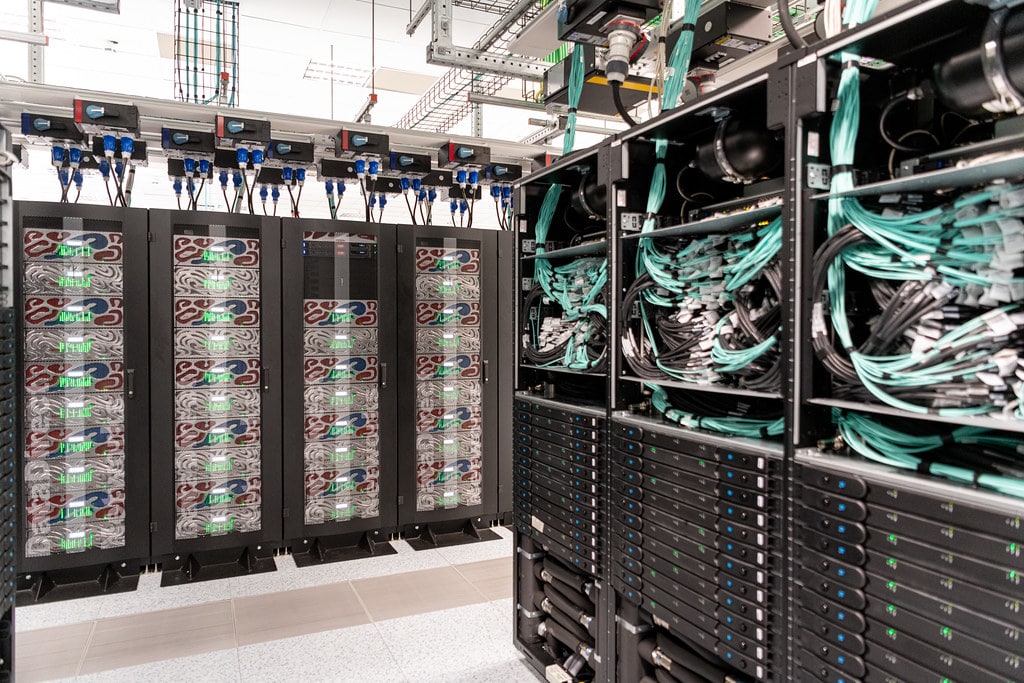
The Role of SEO in Data Center Outreach & Operations
The role of SEO in data center outreach and operations is crucial for businesses looking to improve their search engine rankings and capture organic search traffic. Proximity plays a significant role in hosting services, as search engines, like Google, consider the physical location of a data center when determining search engine rankings.
Businesses can gain better search engine ranks in the local search market by hosting their websites in local data centers. For instance, Google’s data centers are positioned strategically all over the world, enabling companies to focus on particular regions and take the lead in the local search market.
Hosting services in local data centers also offer other advantages. Companies can benefit from low latency and fast load times, providing a better user experience and potentially increasing conversion rates. Moreover, by leveraging Google’s data center infrastructure, businesses can take advantage of advancements in power management, renewable energy, and physical security to ensure the highest quality of service.
Due to its ability to raise search engine rankings and increase organic search traffic, SEO is essential to data center outreach and operations. Companies can gain superior infrastructure and services as well as dominate the local search market by hosting their websites in local data centers, especially those owned by Google.
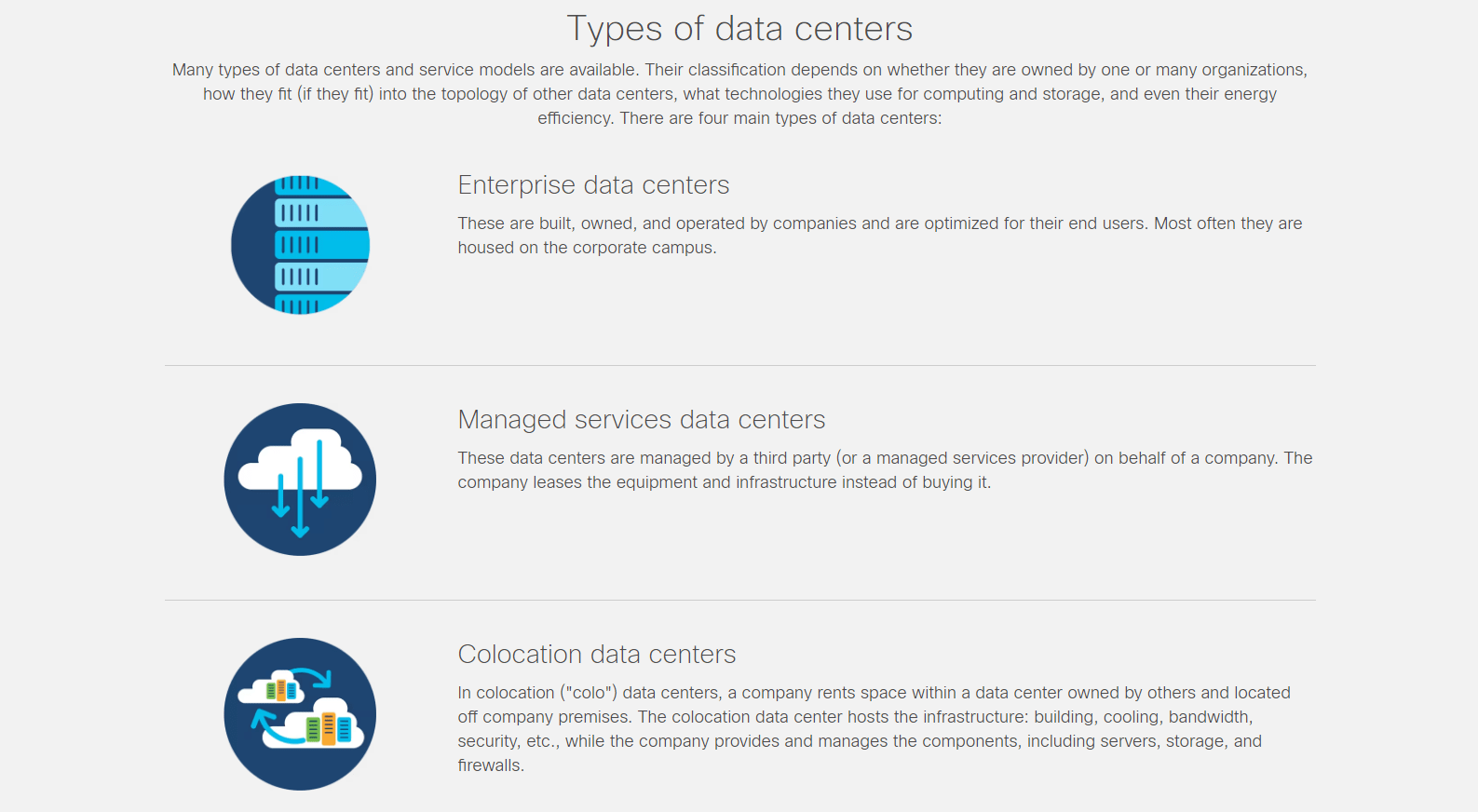
Search Engine Optimization (SEO)
Search Engine Optimization (SEO) plays a crucial role in driving organic search traffic to websites and improving their online visibility. With millions of internet users relying on search engines for information, businesses are constantly vying for better rankings to ensure their target audience can find them easily. SEO focuses on various factors such as website structure, keyword optimization, and quality content to enhance search engine rankings.
How Does SEO Work?
SEO stands for search engine optimization, a process that aims to improve a website’s visibility and ranking on search engine result pages (SERPs). The first step in SEO is crawling, wherein search engines use automated bots to discover and gather information from webpages. After crawling, search engines index the collected information, organizing it in a database for retrieval when a user initiates a search.
Search engine algorithms play a crucial role in determining the ranking of webpages. These algorithms follow specific guidelines and criteria to evaluate websites. SEO consists of three main components: technical optimization, on-page optimization, and off-page optimization.
Technical optimization includes optimizing website performance, ensuring proper site structure, and implementing metadata. On-page optimization involves optimizing webpage content, titles, headers, and URLs. It also includes optimizing images, using relevant keywords, and improving user experience. Off-page optimization focuses on building backlinks, enhancing social signals, and establishing website authority through content marketing.
To enhance SEO, additional techniques include optimizing for mobile devices, improving site speed, using schema markup, and targeting local search. It is crucial to follow best practices and stay updated with search engine algorithm changes to achieve better rankings and visibility.
Search engine algorithms are used in conjunction with crawling and indexing procedures to establish webpage ranks in SEO. Technical, on-page, and off-page optimization are crucial elements that support raising organic search traffic to a website and enhancing its exposure.
Strategies to Improve SEO Rankings in Data Center Outreach & Operations
When it comes to improving SEO rankings in data center outreach and operations, there are several strategies you can implement.
- Technical Optimization: Ensure that your website is optimized for search engines by improving website performance, optimizing site structure, and implementing metadata. This includes using proper HTML tags, optimizing loading times, and implementing XML sitemaps.
- On-Page Optimization: Optimize webpage content by conducting thorough keyword research and incorporating relevant keywords into titles, headers, and URLs. Create quality content that provides value to users and improves their search experience. Use meta descriptions and alt text to provide search engines with more context about your content.
- Off-Page Optimization: Build backlinks from reputable websites to increase your website’s authority. Enhance social signals by actively engaging with your audience on social media platforms. Invest in content marketing to establish your website as a valuable resource in your industry.
- Keyword Research: Conduct thorough keyword research to identify relevant search terms and phrases that your target audience is using. Use this research to optimize your website’s content and improve its visibility in search engine results.
- Quality Content Creation: Focus on creating high-quality, informative, and engaging content that addresses the needs and interests of your target audience. This will help improve your website’s visibility and attract a larger organic search traffic.
- URL Slugs: Optimize your URLs by using descriptive slugs that contain relevant keywords. This helps search engines better understand the content of your webpages and improves their chances of ranking higher in search results.
By implementing these strategies and techniques, you can improve your SEO rankings in data center outreach and operations, leading to increased visibility and organic traffic to your website.
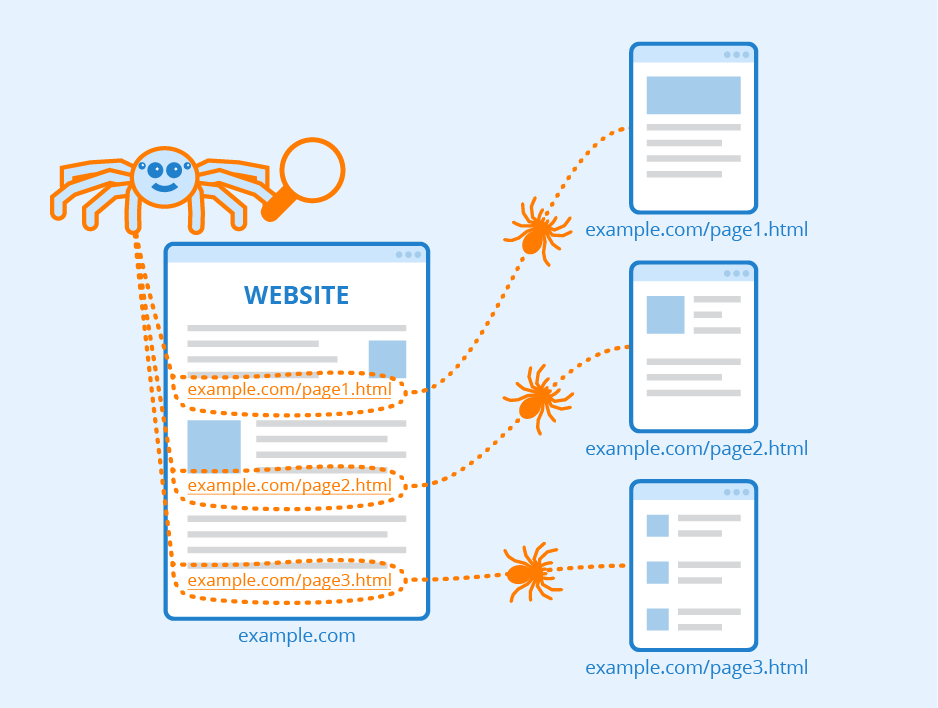
Cloud Services and Data Centers
Cloud services and data centers are crucial components of modern business operations. Cloud services allow companies to store, manage, and process data remotely, providing flexibility and scalability. Data centers, on the other hand, are physical facilities that house servers, storage, and networking equipment to support the operations of cloud services and other IT infrastructure.
In today’s digital age, businesses heavily rely on cloud services and data centers to store and process their data, provide seamless access to applications and services, and ensure reliable and secure operations. In this article, we will explore the importance of cloud services and data centers in supporting businesses and discuss key strategies for optimizing their performance and maximizing their potential. We will also delve into the importance of search engine optimization (SEO) for data center operations, highlighting how to leverage SEO techniques to enhance visibility, attract organic search traffic, and improve overall business outcomes.
Cloud Services in a Data Center Environment
Cloud services play a crucial role in the data center environment, offering numerous benefits and drawbacks. One of the key advantages of cloud services is the elimination of the need for physical infrastructure and cooling systems. By utilizing cloud services, data centers can reduce their carbon footprint significantly, as physical infrastructure consumes vast amounts of energy and contributes to greenhouse gas emissions.
Furthermore, cloud services offer scalability and flexibility, allowing data centers to adapt to changing business needs. They also provide enhanced security systems and backup solutions, ensuring the protection and availability of data. However, reliance on cloud services can pose challenges in terms of data privacy and regulatory compliance.
To support data center operations, several key technologies are utilized, including advanced power management systems, virtualization technologies, and efficient cooling mechanisms. These technologies optimize energy consumption, enhance processing capabilities, and improve the overall efficiency of data centers.
In colder regions, data centers can leverage the concept of free cooling. This involves utilizing the cold air outside to cool the data center facility, eliminating the need for energy-intensive cooling systems. Free cooling technology significantly reduces energy consumption and enhances the sustainability of data centers, particularly in regions with lower ambient temperatures.
Cloud services are essential to the data center environment because they provide advantages including improved scalability and a smaller carbon footprint. Nonetheless, compliance regulations and data privacy should be taken into account. Data centers can reduce their environmental impact and better enhance their operations by utilizing free cooling techniques and cutting-edge technologies.
Benefits and Drawbacks of Cloud Services for Data Centers
Although cloud services have many advantages for data center management, there are certain disadvantages as well. The effect of cloud services on energy usage and carbon emissions is one of its main benefits. Data centers can cut down on electricity use and do away with the requirement for cooling systems and physical space by moving to the cloud.
The cloud enables the virtualization of physical data centers, allowing businesses to optimize their infrastructure utilization and reduce energy waste. Through virtualization, data centers can consolidate their hardware resources and run multiple virtual machines on a single physical server. This results in a significant reduction in energy consumption and carbon emissions.
However, it is important to note that not all companies are ready to transition to the cloud. Some businesses may have specific regulatory or compliance requirements that make it challenging to store their data in the cloud. In such cases, these organizations may opt to use renewable energy sources or implement free cooling technologies in their physical data centers.
Security Considerations with Cloud Services
When it comes to utilizing cloud services in data centers, security considerations become paramount. While the cloud offers numerous benefits, such as scalability and cost-efficiency, it also poses certain risks that need to be addressed.
One of the key aspects of security in data centers is physical security. Data centers implement strict measures to control personnel access, ensuring that only authorized individuals can enter the premises. This helps prevent unauthorized access to sensitive information and equipment. Electronic intrusion detection systems are also employed to monitor and identify any potential security breaches.
Additionally, data centers maintain separate environments to ensure application security. By segregating different environments, such as development, testing, and production, the risk of unauthorized access or tampering with critical systems is minimized. This separation prevents any potential security vulnerabilities in one environment from affecting others.
These security precautions must be taken into account while using cloud services in data centers in order to safeguard sensitive information and preserve operational integrity. Businesses can improve the security of their data centers and reduce risks by adopting electronic intrusion detection systems, isolating environments, and strictly regulating worker access.
Quality of Service (QoS) for Data Centers
Quality of Service (QoS) is a vital aspect of data center operations that directly impacts the overall performance and customer satisfaction. QoS refers to the ability of a data center to meet the specific requirements and expectations of its users, such as reliability, availability, responsiveness, and resource allocation. Data centers strive to provide high-quality service to their customers by ensuring minimal downtime, fast response times, efficient resource utilization, and reliable data storage and retrieval. This is achieved through robust infrastructure, redundant systems, proactive monitoring, and continuous optimization. By prioritizing QoS, data centers can effectively deliver optimal performance and meet the diverse needs of their clients, ultimately contributing to a positive user experience and driving customer loyalty.
Factors that Affect QoS in a Data Center Environment
Quality of Service (QoS) is crucial in ensuring the optimal performance and reliability of a data center environment. Several key factors can greatly impact QoS and affect the overall operations of a data center.
- Outdated technology is a significant factor that can impair QoS in a data center. Aging hardware and software can limit system capabilities, resulting in slow processing speeds and increased downtime. Similarly, infrastructure limitations such as inadequate cooling systems, power capacity, or connectivity issues can compromise the performance and reliability of the data center.
- Compliance issues also play a vital role in QoS. Data centers need to adhere to industry regulations and standards to ensure data security and privacy. Failure to comply with these requirements can lead to interruptions in service and expose sensitive information to threats.
- Maintenance challenges are another critical factor. Regular maintenance and upgrades are necessary to keep the data center infrastructure up to date and functioning optimally. Neglecting maintenance tasks can lead to performance issues and potential system failures.
By understanding these factors, data center operators can proactively address and mitigate potential risks to ensure high QoS. Investing in advanced technology, robust infrastructure, and regular maintenance schedules can significantly enhance performance and reliability while ensuring compliance with industry standards. Prioritizing and addressing these factors can contribute to a reliable and efficient data center environment.
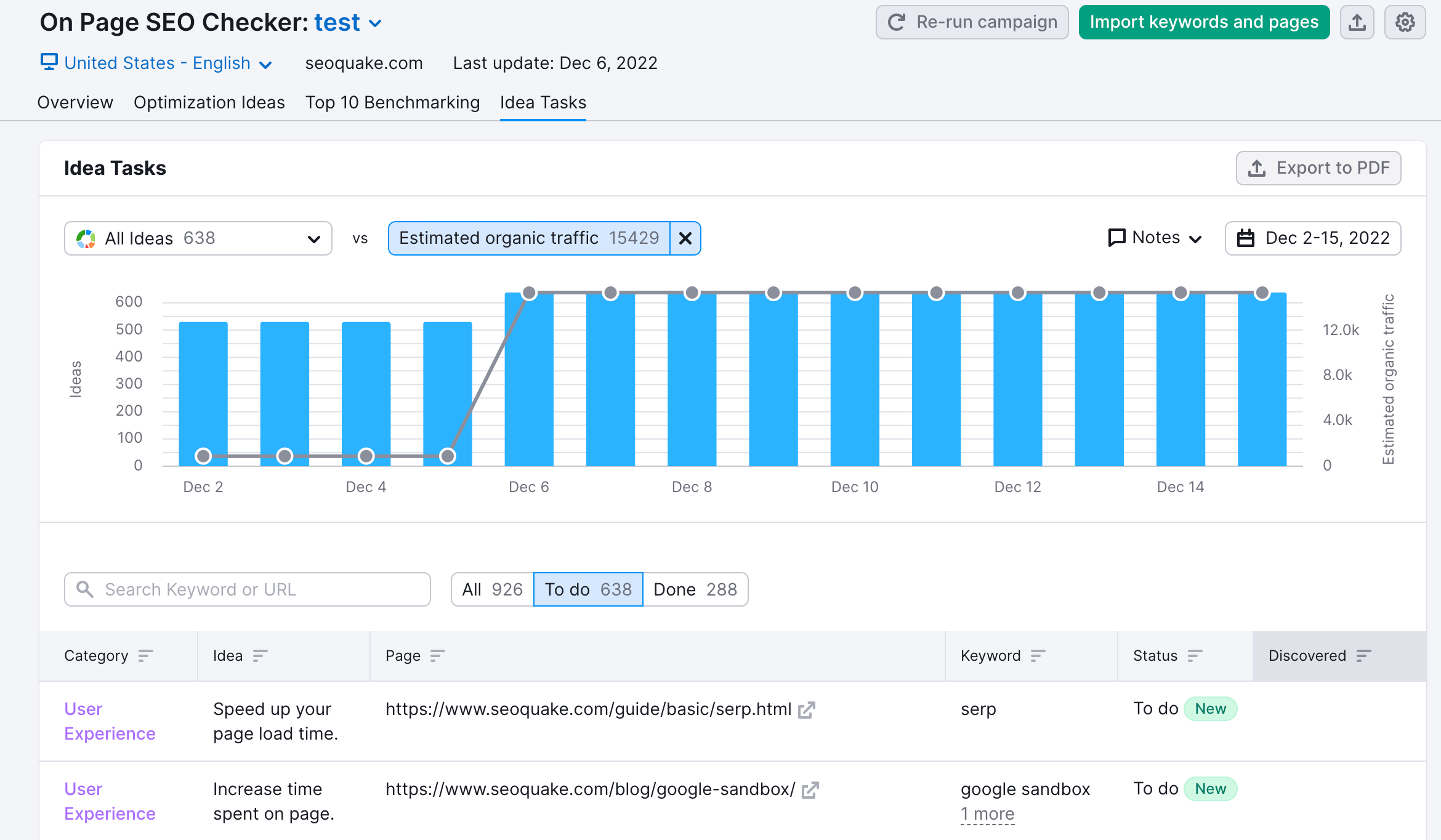
Source: https://www.semrush.com/kb/762-on-page-seo-checker-tracking-results
Strategies to Monitor QoS in a Large-Scale Operation
Monitoring the Quality of Service (QoS) is crucial in ensuring the smooth operation of a large-scale data center. Implementing effective monitoring strategies allows data center operators to proactively identify and address issues that may impact performance.
To monitor server utilization, administrators can utilize server monitoring tools that provide real-time data on CPU usage, memory usage, and network traffic. These tools can help identify potential bottlenecks and ensure that server resources are optimally allocated.
- Monitoring bandwidth usage is important to ensure that network resources are properly managed. Network monitoring tools can provide insights into traffic patterns, identify bandwidth-intensive applications or users, and help optimize network performance.
- Monitoring storage levels is essential to prevent data loss or performance degradation. By implementing storage monitoring solutions, administrators can track available storage capacity, identify high-utilization areas, and plan for future storage needs.
- Outage alerts are critical in minimizing downtime and ensuring high availability. Automated monitoring systems can send notifications in real-time when issues occur, allowing administrators to quickly respond and take appropriate action.
- Operational performance monitoring provides insights into overall data center performance. By using performance monitoring tools, administrators can track response times, load times, and other performance metrics, allowing for proactive optimizations and enhancements.
- In addition to monitoring, data centers should prioritize archiving and backup services to ensure data resilience and availability. Support options, responsiveness, contact channels, SLAs, and ticket systems play key roles in addressing issues promptly and efficiently.
- Operational security is vital to protect data and maintain customer trust. Data centers must monitor and secure data in transit to prevent unauthorized access or data breaches.
By implementing robust monitoring strategies and utilizing advanced monitoring tools, large-scale data center operators can maintain optimal QoS, identify potential issues proactively, and ensure seamless operation.
The SEO Agency Impact: A Closer Look at Your Options
If you’re seeking to catapult your data center’s outreach and operational prowess, it’s paramount to delve into the remarkable advantages of connecting with our premier SEO agency. Our specialized prowess revolves around a spectrum of search engine optimization techniques primed to augment your rankings and usher in a flood of organic search traffic.
When you align with our seasoned professionals, you unlock a treasure trove of expertise dedicated to optimizing website content, conducting precision-targeted keyword research, and harnessing the power of cutting-edge SEO tools. These strategic maneuvers hold the power to significantly amplify your data center’s visibility within the hallowed grounds of search engine results, alluring a burgeoning cadre of potential clients and customers into your digital orbit.
Our agency boasts an innate understanding of the latest SEO techniques and algorithms, setting us apart in a league of our own. We meticulously analyze every facet of your data center’s website, leaving no stone unturned in our quest for enhancement. Be it optimizing your website’s structural integrity, fine-tuning metadata, or supercharging website speed, we leave an indelible mark of improvement. Through these meticulous transformations, your prospects of ascending the search engine rankings ladder skyrocket, rendering your data center more accessible to potential customers.
Furthermore, our agency wields a potent arsenal of advanced tools and resources, purpose-built to channel a torrent of traffic to your data center’s website. We are the architects of compelling and relevant content that resonates harmoniously with your coveted target audience, strategically incorporating high-ranking keywords. This multifaceted approach not only lures in organic search traffic but also magnifies your overall online visibility. Your data center’s odyssey to digital eminence begins with us, where a singular agency’s expertise surpasses the rest.

Baris Coskun
Baris Coskun is 8 years experienced SEO Expert that specializes in content and technical SEO strategy creation/implementation progress for large-scale, multilingual, and international targeting websites.

